Baku’s antidote to Western Islamophobia A platform for global healing
The Baku platform has become a powerful geopolitical link. Azerbaijan now acts not only as a bridge between East and West, North and South, but also as a key centre for generating relevant ideas that shape the global agenda.
The end of 2024 was marked by the Global Summit of Religious Leaders held in Azerbaijan. The spring of 2025 has continued this momentum, with each month featuring major international initiatives addressing global issues and proposing solutions.
In March, the 12th Global Baku Forum took place. In April, ADA University hosted an important international dialogue. May was marked by a conference of planetary scale — “Islamophobia in Focus: Unveiling Bias, Shattering Stigmas.”
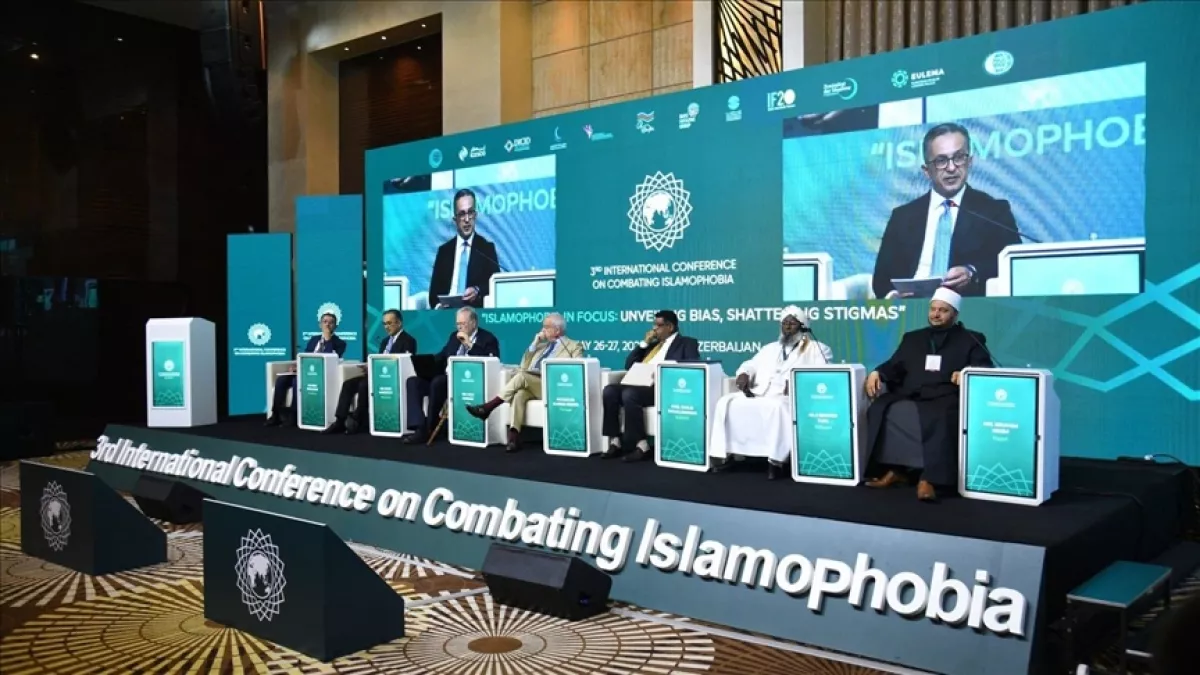
The term “stigma” is often associated with symptoms of a disease that allow for a diagnosis even before an in-depth examination. In this context, Islamophobia represents a true pathology of public consciousness.
It is astonishing that in an age of advanced technologies, artificial intelligence, and scientific breakthroughs, the world remains afflicted by neo-colonialism and religious intolerance. These phenomena go hand in hand and demand a common antidote.
The conference in Baku is a logical continuation of the agenda set by previous forums. Its core theme lies in reflecting on the emerging world order through the lens of overcoming contemporary challenges.
It also builds upon the ideas voiced at the international conference “Embracing Diversity: Tackling Islamophobia” held in Shusha. At that time, Azerbaijani President Ilham Aliyev emphasised that hatred towards Muslims in several Western countries had become part of official policy.
In his latest address, the head of state underlined that anti-Islamic sentiment is becoming increasingly systemic, fuelling discrimination, racism, and intolerance towards Muslim communities across the globe.
It is evident that the situation has not improved — on the contrary, it has worsened. Acknowledging the gravity of the issue, the UN General Assembly designated 15 March as the International Day to Combat Islamophobia in 2022.
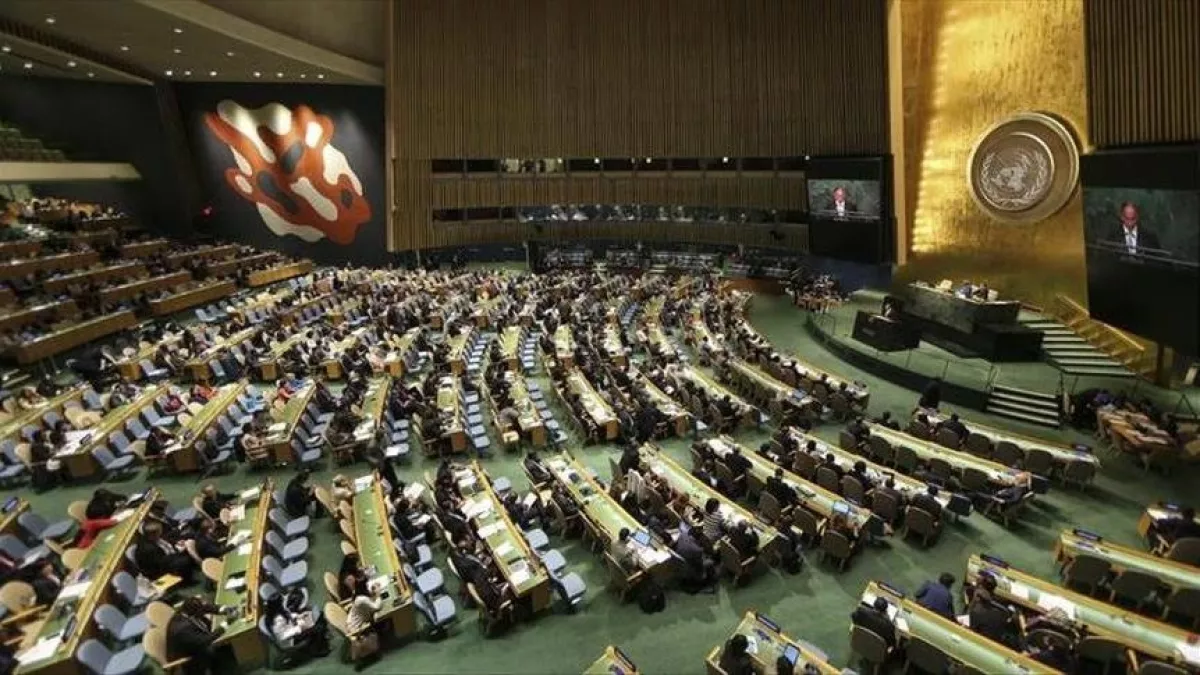
For Azerbaijan, this topic holds particular significance. The country has experienced manifestations of Turkophobia, Azerbaijanophobia, and religious prejudice—first during the years of occupation, and then following the restoration of its territorial integrity.
This is not only about the barbaric treatment of mosques, some of which were turned into stables, but also about large-scale acts of genocide, culturicide, urbicide, and ecocide—both in Karabakh and in Western Azerbaijan.
It is no coincidence that the word “bias” features in the title of the forum. This very word aptly describes the attitude of certain international bodies towards Azerbaijan. The head of state has stressed that Azerbaijan came under attack after dismantling the separatist stronghold in Karabakh.
Many in Azerbaijan firmly believe that the country’s religious identity is being used as a pretext for its demonisation.
Nevertheless, in the face of these challenges, Azerbaijan continues to serve as a model of peaceful coexistence among peoples and faiths, further strengthening its reputation as a cultural bridge between East and West.
One example of this is the Baku Process—an initiative aimed at promoting intercultural dialogue. In 2024, a decision was made to construct a new Catholic church in Baku.
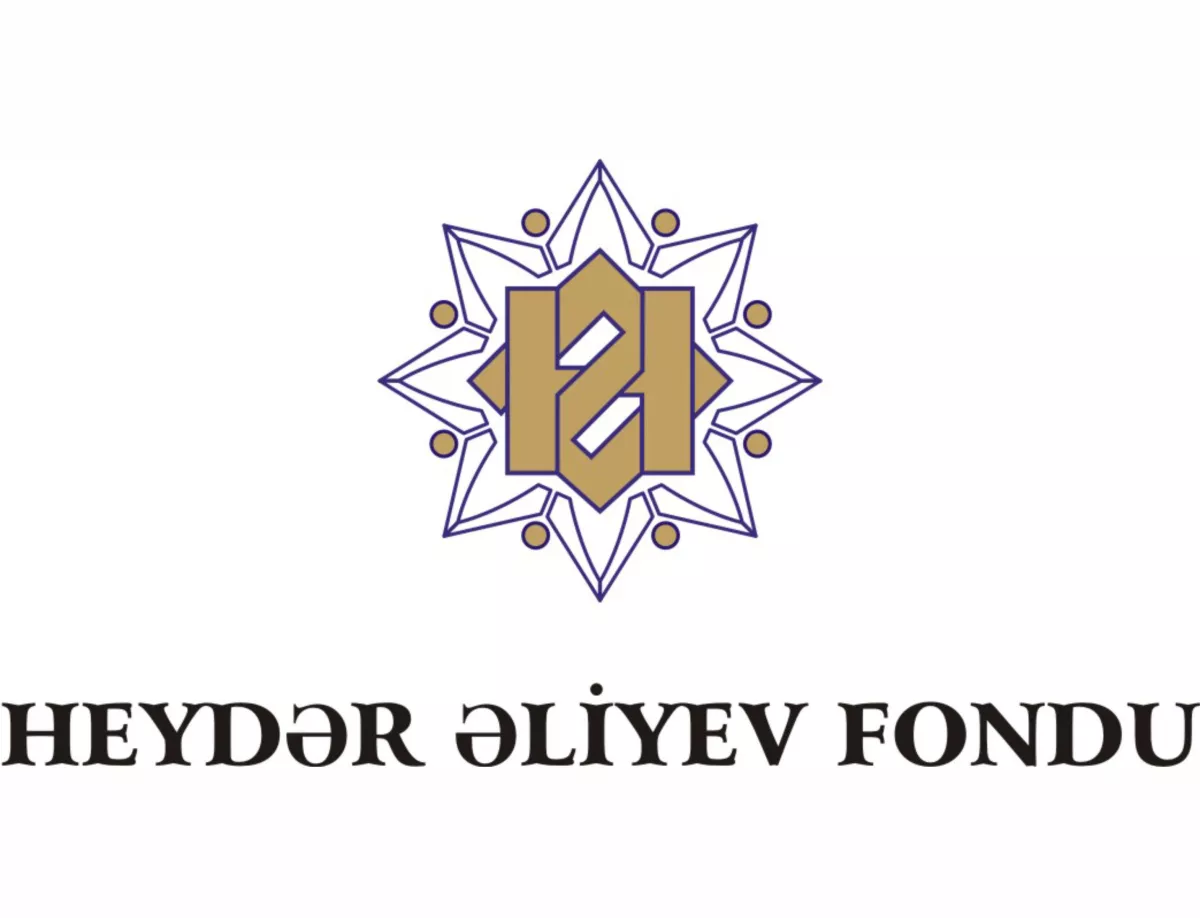
The Heydar Aliyev Foundation has also supported the restoration of the “Trapezitsa” complex in Bulgaria, monuments of the Palace of Versailles in France, seven 11th–12th-century French churches, and the 14th-century stained-glass windows of Strasbourg Cathedral. Additional heritage preservation projects have been carried out in Italy and the Vatican, including the restoration of the Catacombs of Saint Sebastian.
These efforts reflect Azerbaijan’s deep commitment to the principles of multiculturalism. Meanwhile, anti-Islamic provocations continue to occur in the West — ranging from offensive cartoons to public burnings of the Quran. What is particularly troubling is that individuals such as the so-called “Breiviks”, staff of the French magazine Charlie Hebdo mocking religious sentiments, and those who burn Qurans in public, are often elevated to the status of “defenders of free speech and human rights”.
Islamophobia and Turkophobia are not merely signs of intolerance — they are dangerous symptoms of a broader civilisational crisis. The Baku platform is actively working to address and overcome this crisis.
Support for cultural and religious diversity is an integral part of Azerbaijan’s national identity.
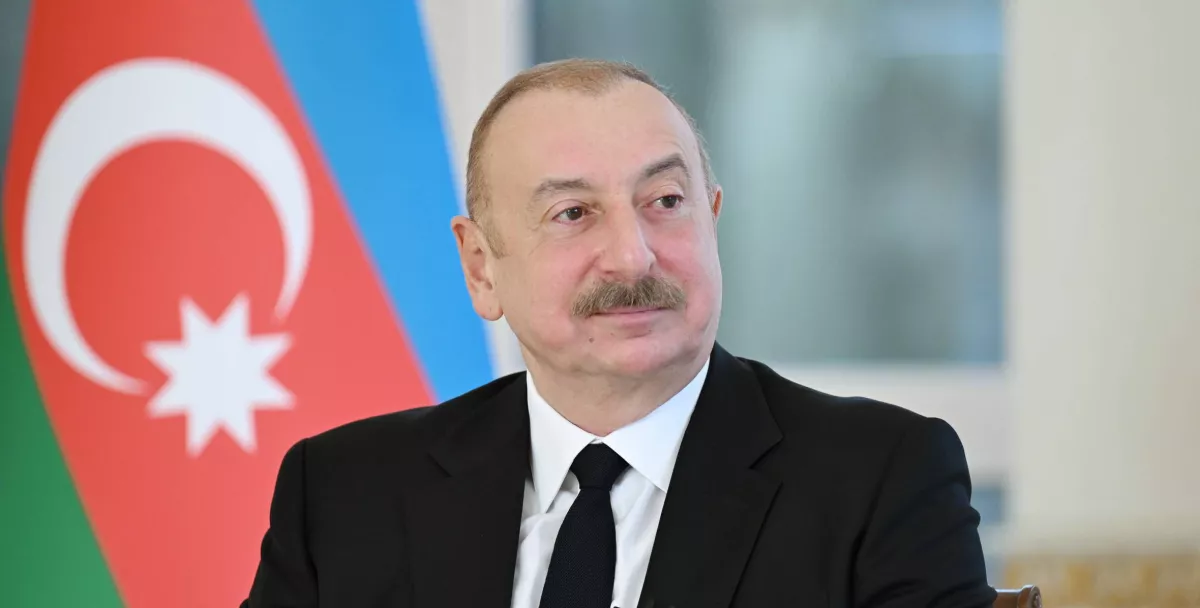
In an interview with Xinhua news agency, President Ilham Aliyev stated: “Last year, in Astana, President Xi Jinping and I expressed our commitment to promoting the creation of a community of shared destiny for mankind. We advocate for common values such as peace, development, equality.”
But will this call be heard by those who, in practice, continue a policy of suppression and exclusion?
The warning signs are clear—in the inhumane treatment of migrants, in the stoking of fear, and in the stigmatisation of entire peoples.
Yet, as modern medicine has shown, even serious illnesses can be cured. And the Baku platform is among those offering a path to recovery.
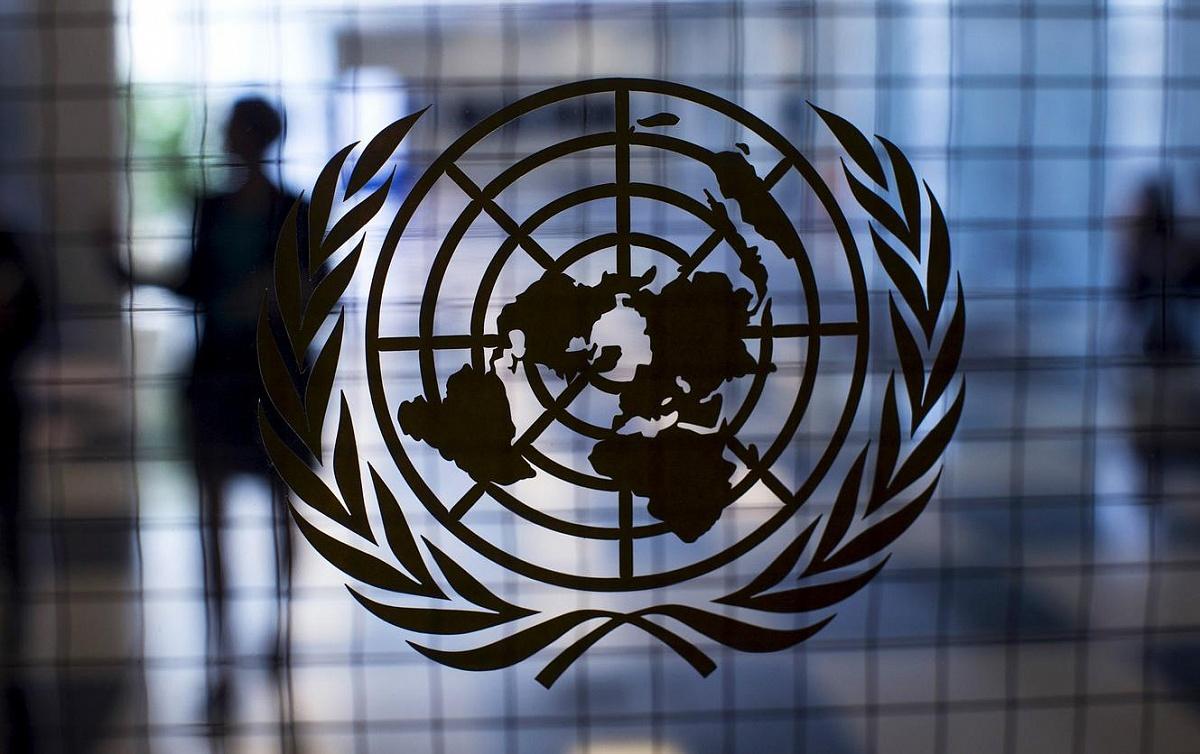
Given that the UN Security Council no longer reflects the realities of the 21st century, official Baku has consistently advocated for its reform through a rotation of membership, including seats for countries leading the Non-Aligned Movement, the Organisation of Islamic Cooperation, and the African Union.
And finally, let the fiercest Islamophobes heed the Quranic reminder: “We created you from a male and a female, and made you into peoples and tribes so that you may ˹get to˺ know one another” (Quran 30:22; 49:13). And draw the necessary conclusions.








